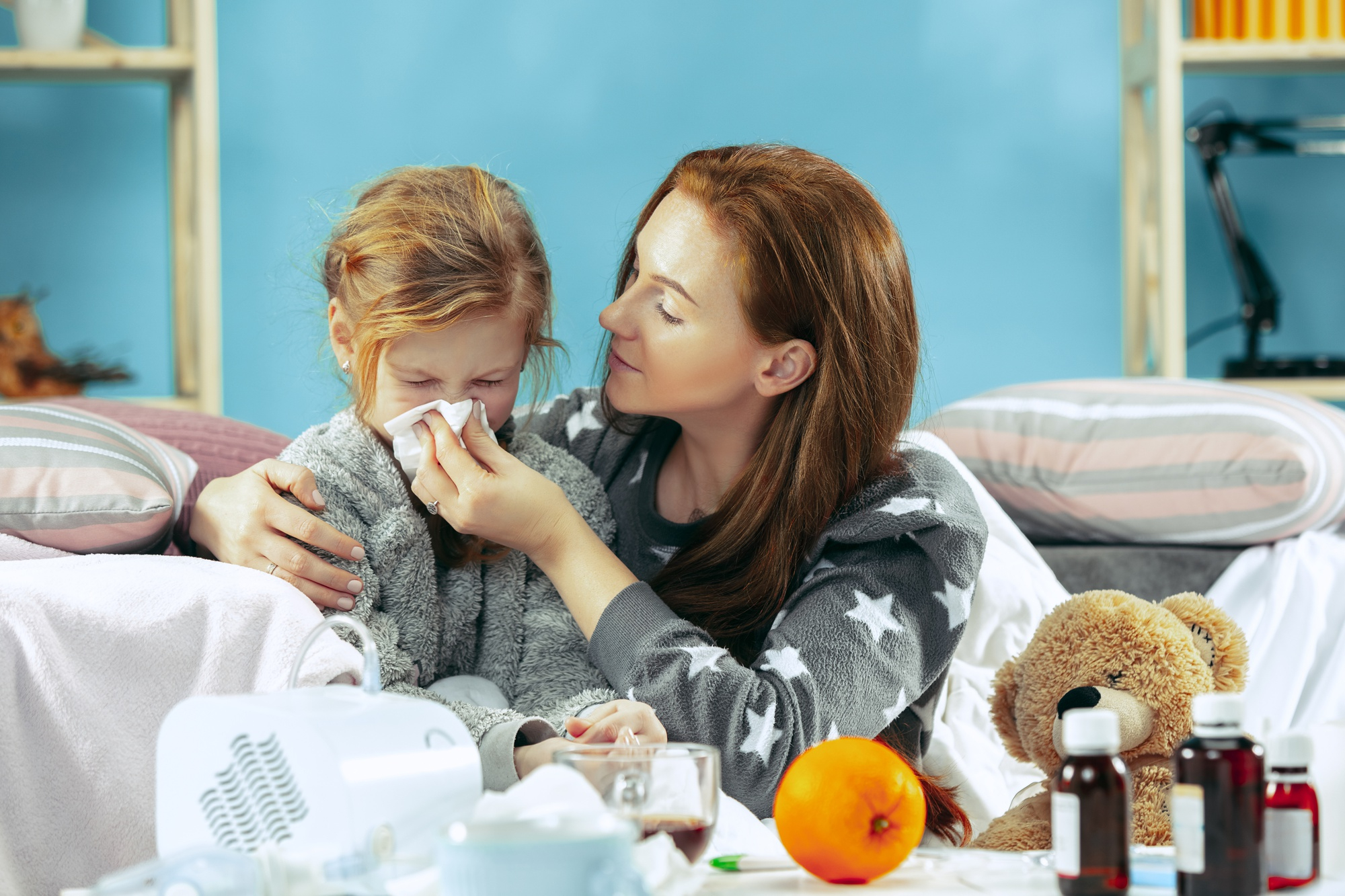
As the Birmingham bin strike enters its fourth week, the mounting waste is more than an eyesore—it's a serious health concern.
With rubbish piling up across streets, estates, and public areas, residents are now facing an increased risk of disease, pest infestations, and environmental contamination. At Private Medical Clinic, we are deeply concerned about the health implications of this ongoing waste disposal crisis. Our very own Dr. Ibrahim recently spoke to ITV News to shed light on the urgent public health threats and offer practical advice to help residents stay safe.
Overflowing bins and rotting waste create an ideal breeding ground for a variety of pathogens and pests. Here are some of the key risks:
Decaying waste can carry bacteria such as Salmonella, E. coli, and Listeria, especially from discarded food and soiled items. With warmer weather, airborne contaminants increase, heightening the chances of respiratory infections, gastrointestinal illness, and skin infections.
Tip: Avoid direct contact with overflowing bins and wash your hands thoroughly after handling waste or touching bin surfaces.
Rats, mice, and insects such as flies and cockroaches are drawn to unattended rubbish. These pests can carry diseases and trigger allergic reactions or worsen conditions like asthma.
Tip: Keep windows and doors shut where possible and store food in airtight containers.
Living among waste can cause anxiety, distress, and a reduced sense of safety, especially for families and vulnerable individuals. Long-term exposure may even affect sleep and general quality of life.
In his interview with ITV News, Dr. Ibrahim issued this advice for Birmingham residents:
“We're seeing increased reports of gastrointestinal issues and skin rashes linked to environmental exposure. Until the situation is resolved, residents should prioritise hygiene, avoid waste build-ups near homes, and seek medical advice for any unusual symptoms.â€Â
At Private Medical Clinic, we're already receiving patients with health issues that may be connected to this environmental hazard. If you have concerns about symptoms like persistent coughs, stomach upset, or insect bites that won't heal, we recommend booking a private GP consultation without delay.
Here's how you can reduce your risk until the bin strikes end:
We urge Birmingham City Council and unions to reach a swift resolution to prevent further public health risks. In the meantime, Private Medical Clinic remains committed to safeguarding the health of the local community. Whether it's through fast access to diagnostics or expert medical advice, our team is here for you.
If you or a loved one are experiencing symptoms that may be linked to unsanitary conditions or rising stress, please don't wait. Book an appointment with one of our doctors today.





